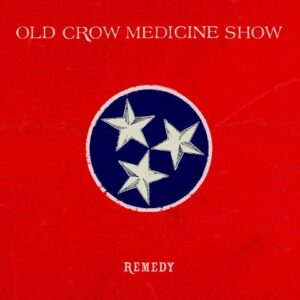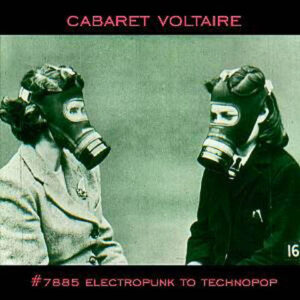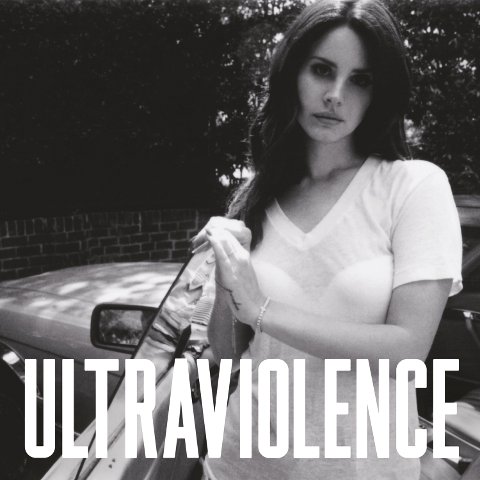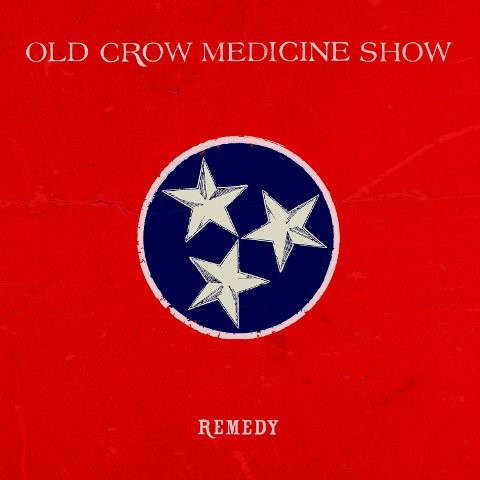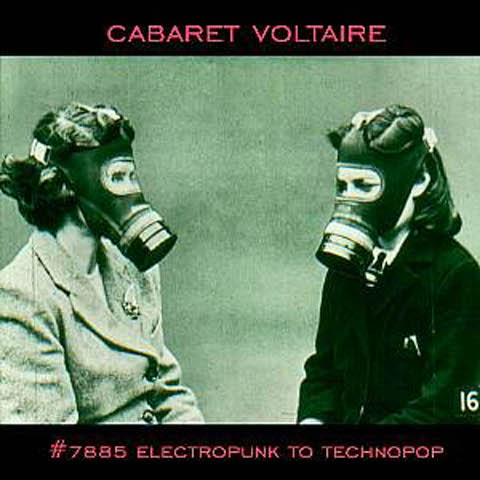The sonic equivalent of two Percocets and a menthol cigarette extinguished in an eight-ounce glass of vodka, Del Rey’s second collection of trope-laden torch dirges comes swaddled in her signature highly rebloggable, Instagram vintage glamour aesthetic. Production on Ultraviolence has the terroir of a carpeted staircase in an apartment building somewhere off Sunset Boulevard, but her songs still generally sound like second-rate Chris Isaak pastiche. If you want to listen to something melancholy, icky, nihilistic and depressing as hell, well, here it is. Plenty of otherwise clear-thinking people have embarrassed their friends and relatives with the fervor of their opinions about the ideological function of this Lana Del Rey character in the wake of her 2010 debut, and there’s no shortage of material here to fuel an electric boogaloo. (Eliot Pearson)
Old Crow Medicine Show Remedy (ATO Records)
“Dear hippies and aging hipster brethren: Why are you all so fascinated by cowboys, early 20th century America and instruments like banjos and washboards? What is it that turns flower power and the post-grunge aesthetic away from rocking sensibilities and toward hootenanny? PS: I’ve been to your Grateful Dead shows and know you are trying to trick me. Yours kindly, August March.” That’s the letter I would write to anyone interested in listening to Remedy, the new album by Old Crow Medicine Show. Released by ATO Records on July 1, the recording comes off as the verisimilitude of hillbilly music and suffers from an over-reliance on tried and true “Hee-Haw”-inflected tropes like those heard in abundance on “Sweet Amarillo,” where the playing is super confident but—like the title and theme contained therein—utterly predictable, supporting this writer’s contention that such work is merely damn fine dabbling. (August March)
Cabaret Voltaire #7885 (Electropunk to Technopop 1978-1985) (Mute Records)
It’s doubtful Cabaret Voltaire will ever regroup. That hasn’t kept mastermind Richard H. Kirk from occasionally surfacing to remind listeners of the gorgeously inky depths his musical brainchild navigated to become influential and all that other legacy rubbish. Curated by Kirk himself, a new compilation of the band’s best work, #7885 (Electropunk to Technopop 1978-1985), examines that output directly, including tracks by Chris Watson who left CV relatively early on in 1981. From the postmodern angst of “Nag Nag Nag” to the proto-glitch electronica of “Seconds Too Late,” Watson’s influence was huge, and his absence transformed the band from electro-punk to techno-pop, as the club-friendly danceability of later releases like “Just Fascination” and “The Dream Ticket” made abundantly clear. Kirk’s take on pop music is urgent and alluring. As retrospectives go, this one works because it’s a vital historical document that also happens to rock. (August March)
